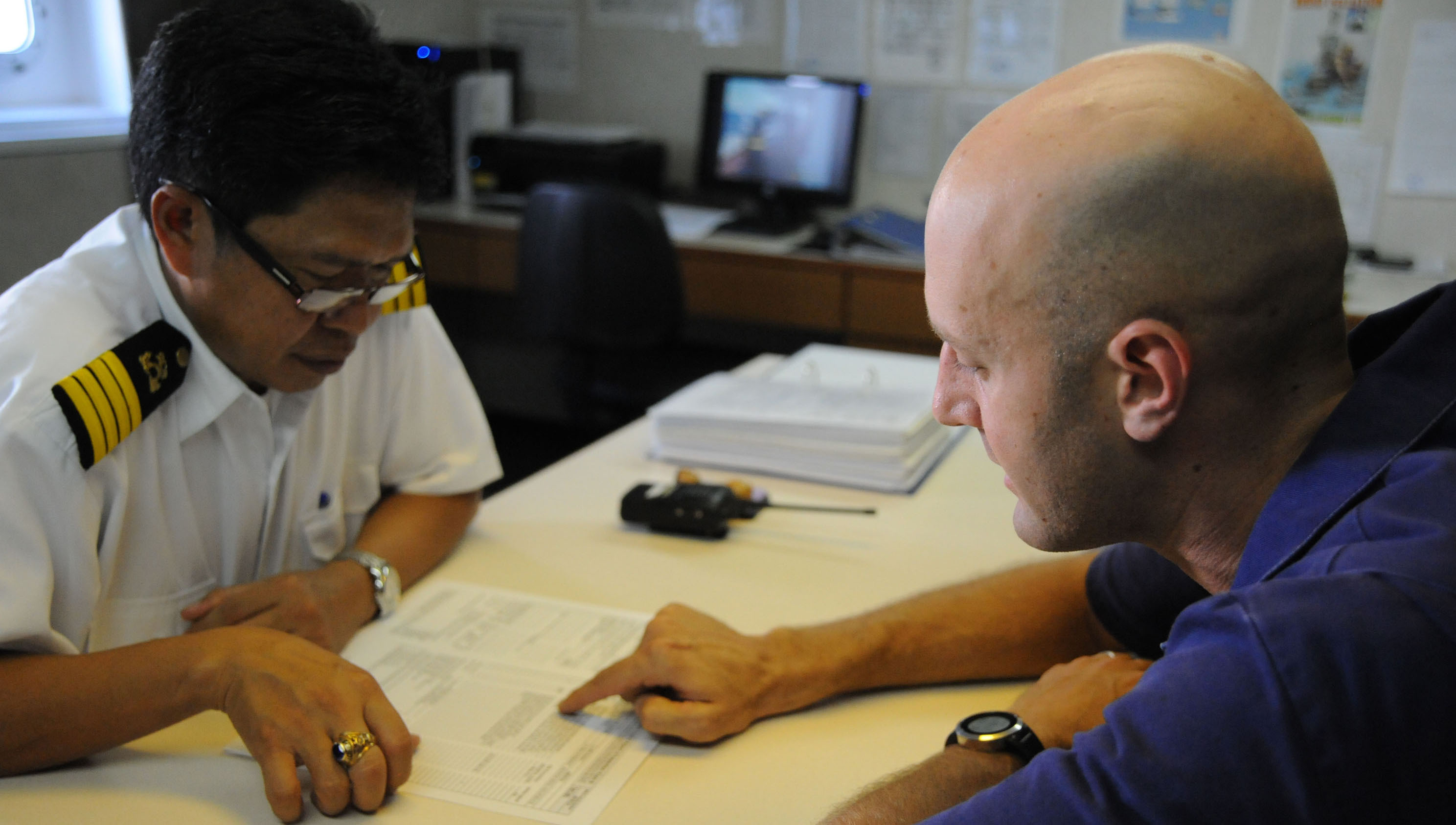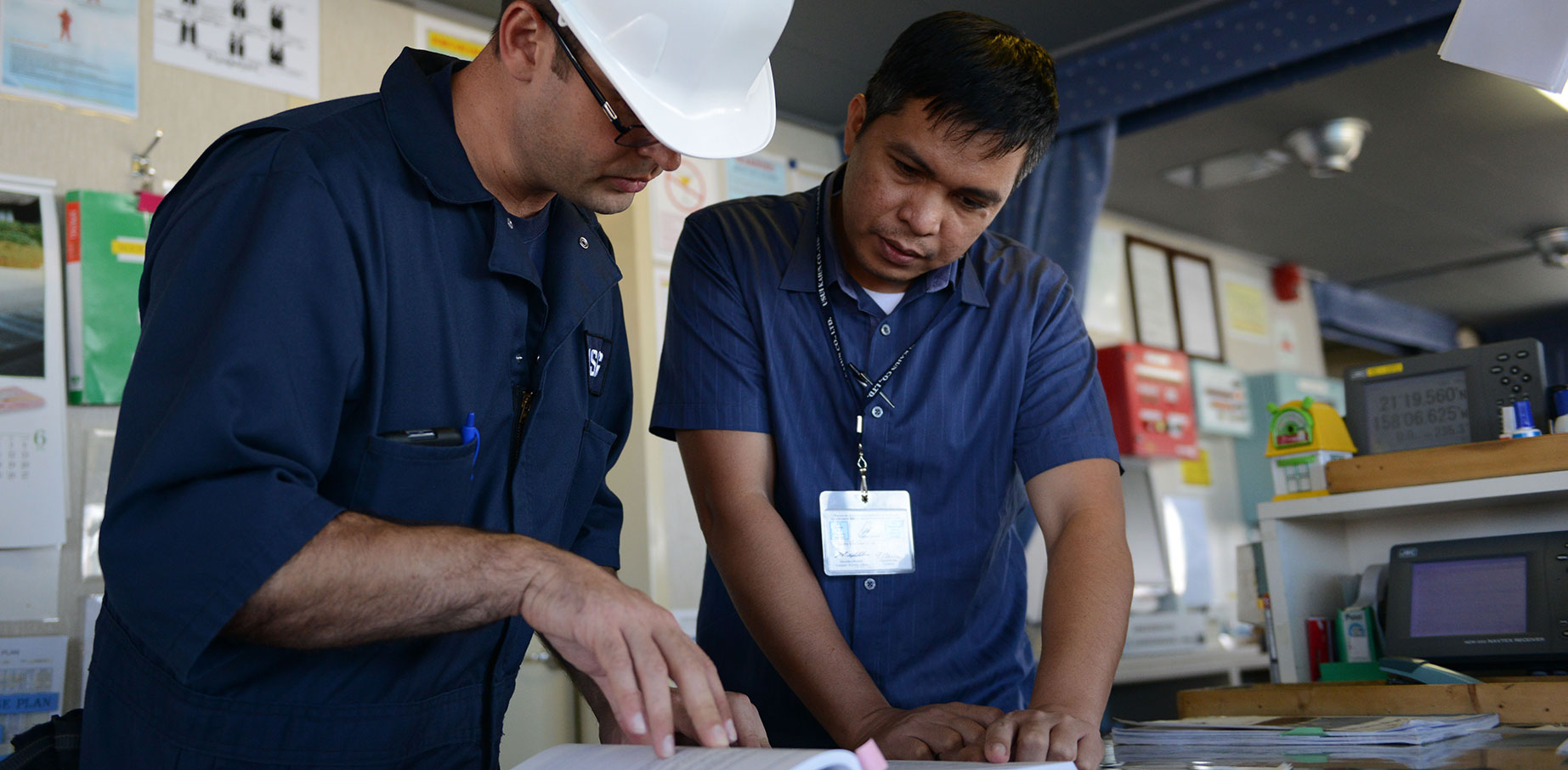
Six years since the Maritime Labour Convention came into force, academics have started to assess the impact of the legislation on crews' living and working conditions - with some sobering findings…
Almost one-third of seafarers consider that the Maritime Labour Convention (MLC) has not improved their living and working conditions, a new study has found.
Research published in the journal International Maritime Health shows that only 7.3% of seafarers believe that the MLC has resulted in significant improvements to their conditions.
Carried out by experts at universities in Germany and Denmark, the study was conducted in a pilot programme to investigate the impact of the MLC since it entered into force in 2013.
The report notes that the MLC now covers more than 90% of the world merchant fleet and sets comprehensive standards for such things as pay, hours of work and rest, accommodation, food, medical care, employment contracts and social security.
Knowledge of the impact of the MLC is very limited, the researchers pointed out, and what research there is has presented a largely critical or ambivalent view. There is also an absence of research into seafarers' views about the convention, the report adds.
In an attempt to redress this gap, the researchers carried out an online survey and organised a detailed focus group to gather views on whether the MLC has had an effect on such things as health and safety and onboard connectivity.
The research showed that 43.6% of seafarers felt the MLC has improved their conditions 'somewhat' – although almost half of those with more than 10 years' experience said it had not had any impact.
Safety issues that worried the seafarers were especially the difference in training standards for crew from other nationalities, a risky work environment on the ship with exposures to, for example, noise, heat and weather, and the safety management overall

Around 70% of ratings said the MLC had improved their conditions 'somewhat', while 38.5% of officers said they had not seen their conditions change for the better.
Researchers said they had identified a number of issues of particular concern to seafarers. More than two-thirds said they sometimes, often or always perform tasks for which they need more training and more than 16% had been exposed to threats or violence at work within the past two years.
'Safety issues that worried the seafarers were especially the difference in training standards for crew from other nationalities, a risky work environment on the ship with exposures to, for example, noise, heat and weather, and the safety management overall,' the report states.
There were also negative reports of stress, lack of motivation, boredom and a feeling of not being good enough, it adds.
Focus group participants – senior Danish officers – complained that the MLC had increased paperwork and administrative tasks, and also highlighted problems with low manning, high workloads and the difficulty in adhering to rest hour requirements.
However, just over 63% of all the participants were either rather or very much satisfied with their job.
The researchers said the results should be treated with caution because of the limitations of the study. But, they stressed, it is important that more work is done to assess the impact of the MLC. 'The international nature of shipping demands that all stakeholders and nationalities get a voice,' they concluded.
Tags
